The PNW SETAC Board is an all-volunteer group of scientists from diverse educational and professional backgrounds. It is comprised of Officers (Immediate Past President, President, Vice President, Treasurer, and Secretary) and a Board of Directors representing academia, government, and industry. Officer and Board members are elected by the membership, usually in the fall, and serve 3-year terms. We also have an At-Large (Student) Board member who is appointed annually by the Board. Please feel free to contact any of our Officers or Board members via email.
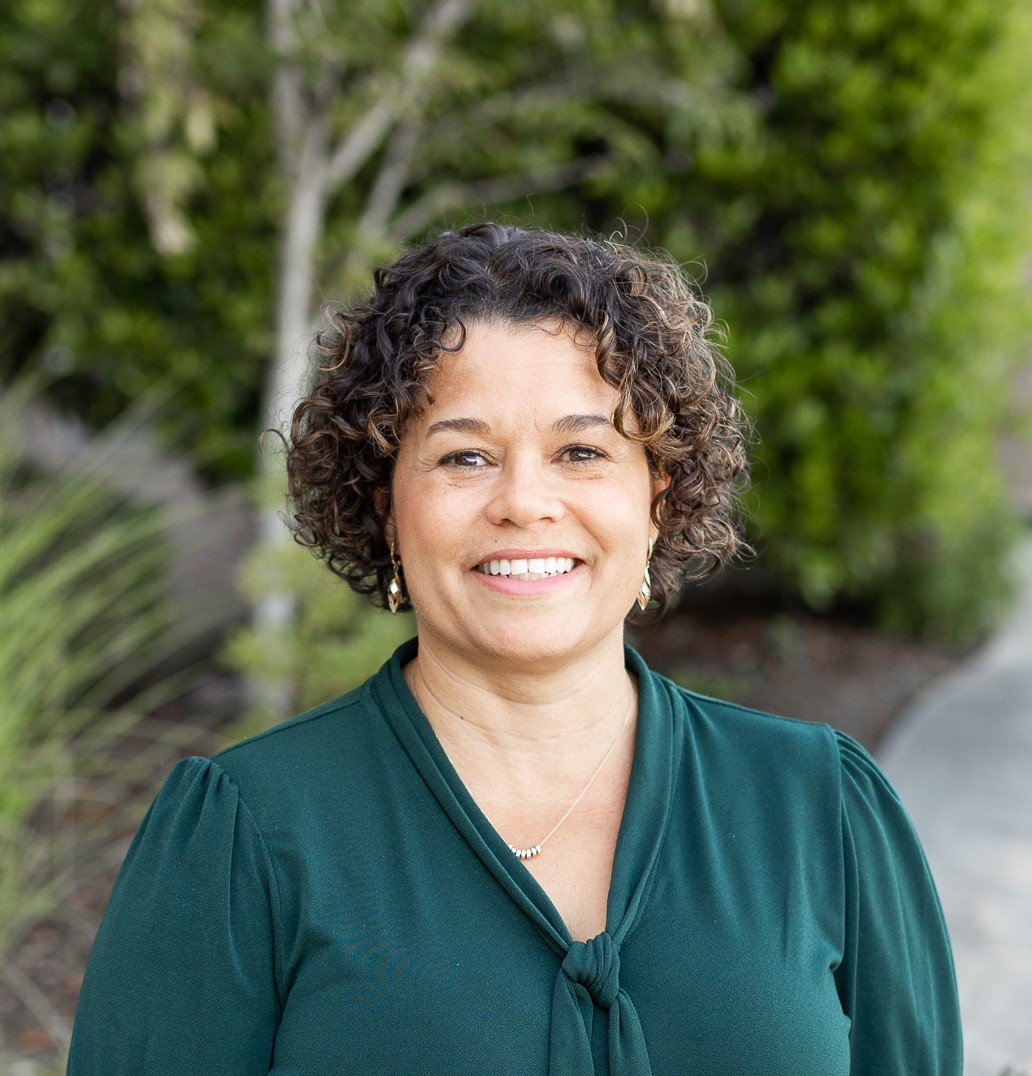
Kenia Whitehead, President
GSI Environmental
Kenia Whitehead GSI Environmental As an undergraduate Kenia studied biochemistry/cellular biology at UCSD and then obtained a Ph.D. in Oceanography from the University of Washington where she studied cellular responses to environmental changes. She then received a post-doctoral fellowship from NSF and continued her research at the Institute for Systems Biology in Seattle. She now works as a Senior Aquatic Scientist at GSI Environmental. Her current work focuses on quantitative analysis of complex environmental data sets, with specific expertise in aquatic biogeochemistry and environmental analytics. Much of her work is on contaminated sediment sites where she focuses on methods that provide integrated assessments and an understanding of underlying processes to support remedial investigations and impact assessments, as well as forensic analyses for environmental litigation and allocation cases. Kenia is also very active in efforts to improve data visualization approaches including the development of customized, interactive apps to facilitate the exploration and communication of environmental data across diverse stakeholder groups.
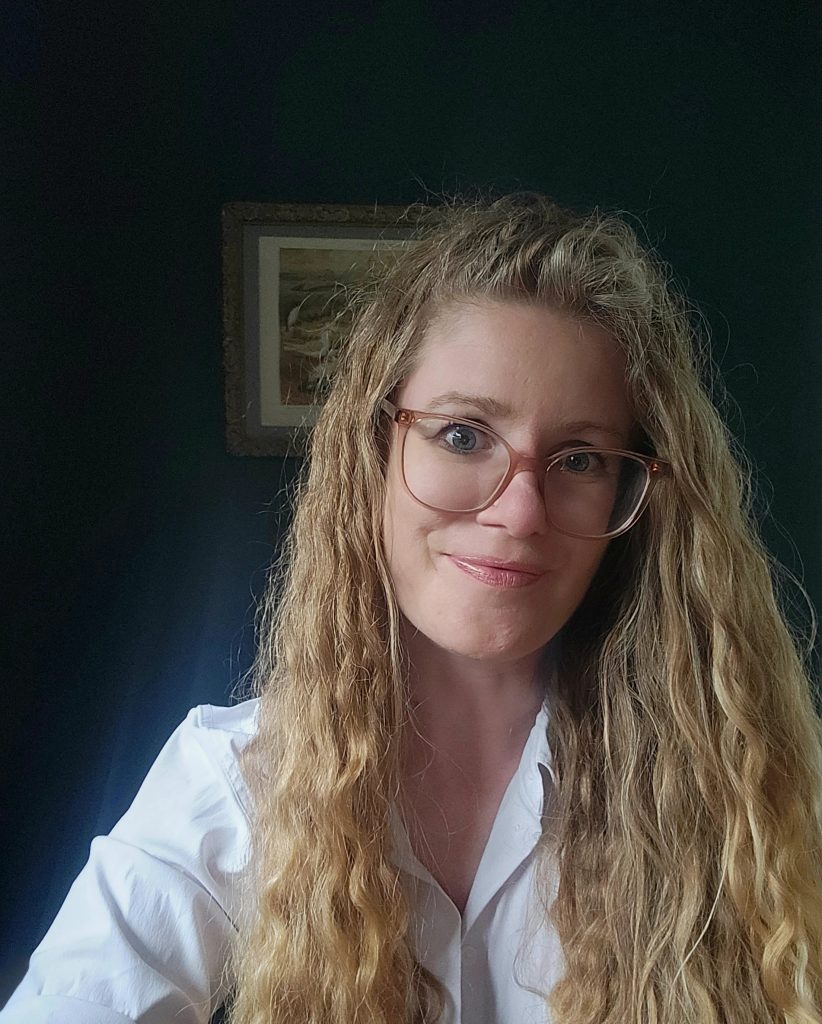
Michelle Knowlen, President-Elect
Ecoanalysts, Inc.
Michelle Knowlen is a Senior Aquatic Toxicologist and Benthic Ecologist at EcoAnalyst’s Ecotoxicology Laboratory in Port Gamble, WA. Her focus is on management and execution of sediment characterization studies for potential biological impacts, including evaluation of dredged material and cleanup sites, implementing investigative bioassays, and performing benthic community risk assessments. Many of her current projects are based in the Pacific Northwest and West Coast region but have included areas in the Northeast, Hawaii, and the Arctic. She earned her B.S. in Environmental Science with an emphasis on Marine Ecology from the University of Washington and has previously apprenticed with the WA State Department of Ecology Marine Sediment Monitoring Unit where she gained a love and appreciation for polychaete taxonomy. In her free time, Michelle enjoys traveling, hiking, kayaking, and painting.
Denis DaSilva, Past-President
NOAA National Marine Fisheries Service
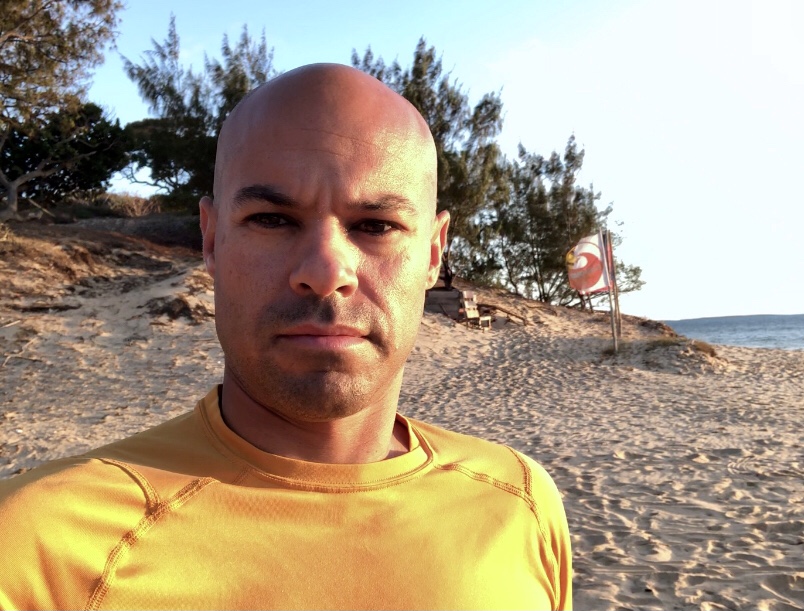
Denis da Silva is a Research Chemist at NOAA’s Northwest Fisheries Science Center (NWFSC). He earned his B.S. in Chemistry in 2000 and a doctoral degree in chemical oceanography from the University of São Paulo, Brazil in 2005. Denis has worked in several types of environmental monitoring projects in a number of regions, including Antarctica and urbanized coastal areas in Brazil and USA, focusing on petroleum and anthropogenic contamination in the marine environment. After finishing his post-doc at the NWFSC, he joined the Environmental Chemistry Program in 2011. His primary interests include method development for the analysis of new contaminants and hormones in marine biota using liquid chromatography couple with mass spectrometry (LC-MS/MS). Since 2007, Puget Sound has been his central area of study. In his free time, Denis enjoys trail or road running, and soccer with his daughter, as well as continues to stay connected with the PNW waters while practicing kiteboarding.
Sara Hutton, Treasurer,
GSI Environmental
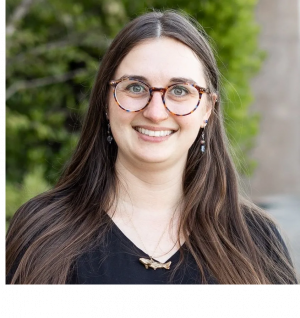
Sara Hutton is an Environmental Scientist at GSI Environmental where she works on site investigations, risk assessments, and internal research. She focuses on emerging contaminants (PFAS, microplastics, and 6PPD-quinone) and enjoys thinking about ways to improve data analysis and visualization. She received her BS from UC Davis in Environmental Science and PhD from Oregon State University in Toxicology. While at OSU she served as the PNW SETAC Student Representative and has been active in NA America SETAC committees in the past.
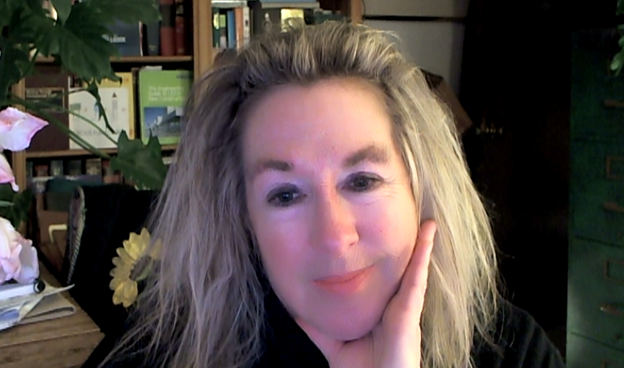
Heidi Siegelbaum, Communications Lead
Washington Stormwater Center at Washington State University
Heidi’s current work focuses on Puget Sound recovery with an emphasis on stormwater as part of the Stormwater Strategic Initiative Lead. She has worked in natural resources for 30 years as a bridge between scientists and engineers and other important audiences. She practiced law for 10 years in criminal, managed health care and industrial chemicals and biotechnology products, including in-house counsel in EPA’s New Chemicals Program. A seasoned science communicator, Heidi also managed a sustainable tourism consulting firm for over 10 years. Previously, she was the Senior Analyst for Performance Management at the Washington State Department of Ecology. In that role, she was the U.S. Co-Chair of the Salish Sea Ecosystem Indicators project which she led for 4 years. She received her Juris Doctorate from Vermont Law School, a certificate in Industrial Ecology from Portland State University, and is a WSU Watershed Steward. She serves on the steering committee for the Puget Sound Ecosystem Monitoring Program and can’t seem to say no to non-profit Boards. Heidi loves the outdoors, the kitchen, humor, and Latin music.
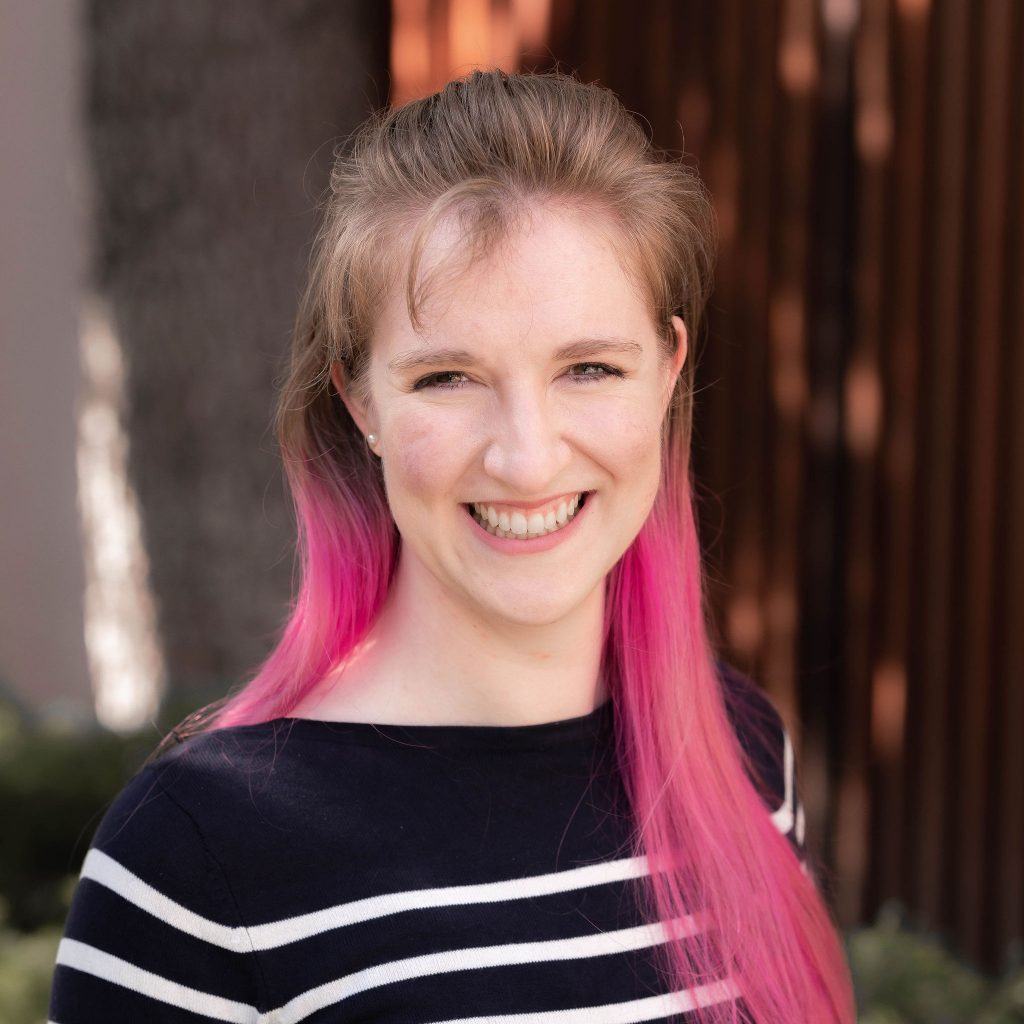
Claire Detering, At-Large Business
Windward Environmental
Claire Detering is an Associate and Environmental Scientist at Windward Environmental. She works primarily on statistical analyses that support the management of contaminated sites through site characterization, data visualization, and isolating concentration-response relationships out of complex datasets. Claire has a MSc in Environmental Toxicology and Chemistry from Western Washington University. In her spare time, she enjoys gardening at her home in Boise, ID.
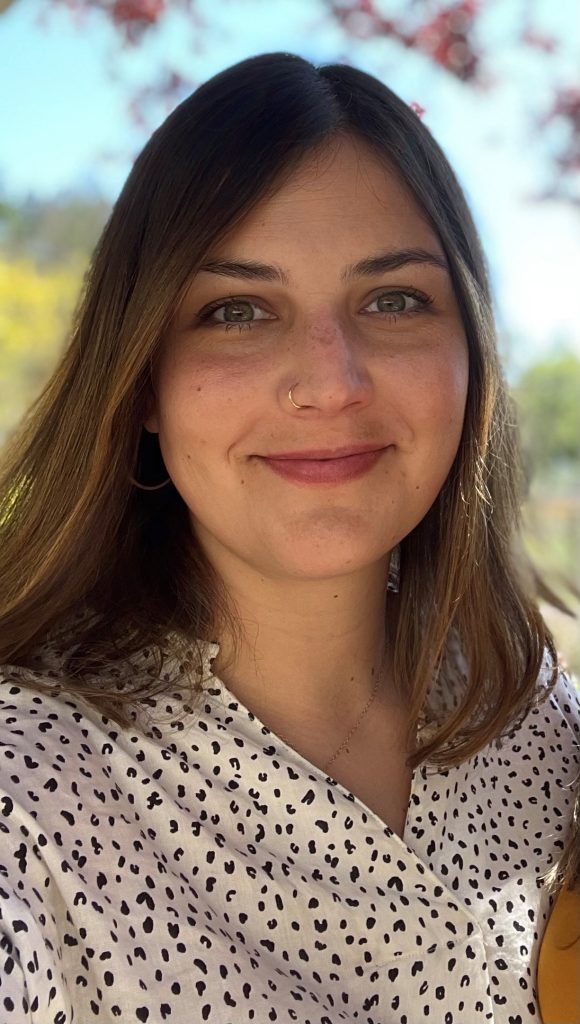
Kaley Major, At-Large Government
Oregon Department of Environmental Quality
Kaley Major is the toxics substances specialist for the Water Quality Standards Program at the Oregon Department of Environmental Quality (DEQ) in Portland, OR. She also teaches Ecological Toxicology as an adjunct at Portland State University. Kaley moved to the Pacific Northwest to complete a postdoc in the Environmental and Molecular Toxicology Department at Oregon State University. Before that, she obtained her Ph.D. in Environmental Science at the University of Massachusetts Boston and her M.S. in Natural Resources and Environmental Sciences at the University of Illinois at Urbana-Champaign. Throughout her career, Kaley has experience working with pesticides, endocrine disruptors, heavy metals, microplastics, nanoparticles, and other contaminants of emerging concern. She values the collaboration and information sharing fostered by PNW-SETAC as academics and regulated entities seek solutions to the complex problems caused by chemical contaminants in the PNW. Kaley enjoys hiking, good coffee, cats, fiber arts, soap-making, and attempting to preserve all the great food her husband Steve manages to grow in their garden.
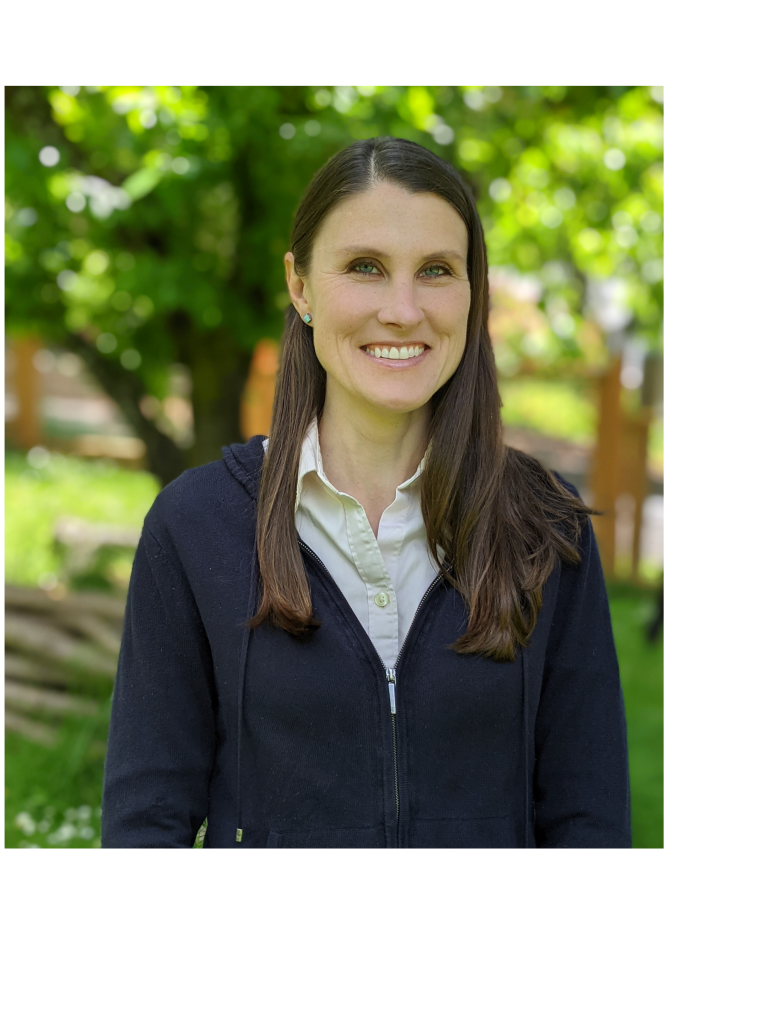
Julie Layshock, At-Large Academia
Pacific University
Julie Layshock is an environmental chemist, educator, and researcher. She earned a PhD in Molecular and Environmental Toxicology from Oregon State University and is currently an Associate Professor of Chemistry at Pacific University. Dr. Layshock’s career spans research in environmental fate, analytical chemistry, and toxicology. With a commitment to sustainable practices, she has a record of peer-reviewed publications encompassing hydrocarbons, endocrine disruptors, air quality assessments, and water remediation. Notably, she has been acknowledged through a Fulbright Scholar grant, which enabled her to investigate nature-based solutions for pharmaceutical removal from water in Portugal. Dr. Layshock is dedicated to education, promoting sustainability, and international collaboration to solve environmental problems.
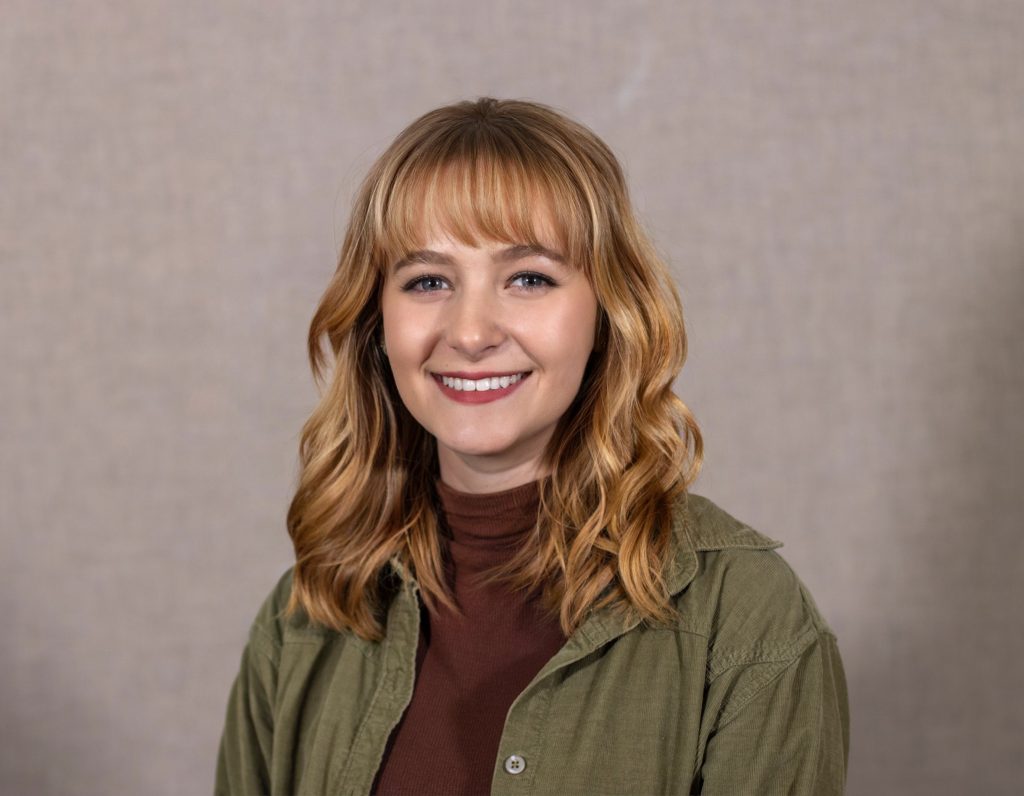
Miranda Jackson, At-Large Student Representative
Oregon State University
Miranda is a third-year PhD student working in both Dr. Stacey Harper’s Nanotoxicology Lab and Dr. Manuel Garcia-Jaramillo’s Water Quality Toxicology Lab. She received her Bachelor of Science in Environmental Science from Southern Illinois University in 2020 and her Master of Science in Toxicology from Oregon State University in 2023. Miranda also serves as the Trainees in Environmental and Molecular Toxicology (TEAMTox) graduate student-faculty liaison at OSU. Her research interests focus on aquatic ecotoxicological impacts of anthropogenic contaminants. Miranda’s current project employs high-resolution mass spectrometry and multi-OMICS analysis to elucidate the toxicity of road runoff water-derived contaminants in juvenile salmonid species. Additionally, she is investigating the toxicity of micro, nano, and leachate fractions of various tire rubber particles using the zebrafish embryo developmental toxicity model.
You can access descriptions of roles HERE.